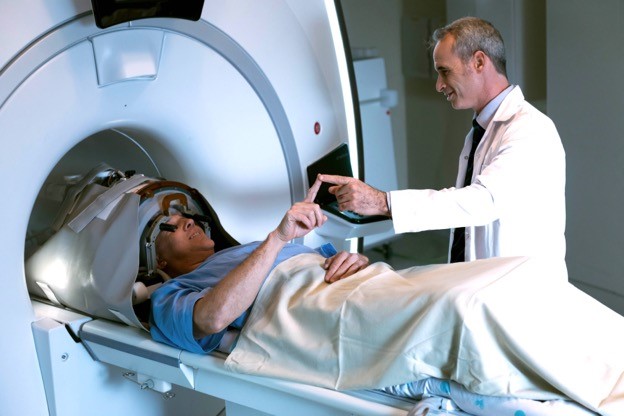According to research, an astounding 60,000 Americans are diagnosed with Parkinson’s disease (PD) each year. As a progressive nervous system disorder, PD manifests as a slight tremor in one hand, then, over time, other symptoms take hold. PD affects a person’s movement and causes rigidity, unstable posture, asymmetrical resting tremors, speech changes, impaired balance, and writing changes that become more noticeable as time passes.
If a loved one is struggling to cope with PD, make sure you provide the support, love, and care they need to feel better and manage their condition. Use this guide as a resource as you help them along their journey.
1. Provide Emotional Support
PD both affects a person’s physical health and takes a toll on their mental and emotional health. As a family member or close friend, make sure you provide ample emotional support to your loved one as they experience dramatic changes in their body. It’s difficult to know what to do, but just being there for them, spending time with them, and being patient with them allow them to feel more at ease with the changes.
People who suffer from PD also experience additional complications like cognitive problems, swallowing problems, sleep disorders, bladder issues, and emotional changes. Instead of feeling frustrated and getting agitated, be patient, kind, gentle, and nurturing. The negative impact of watching someone you care about decline is understandable, but your patience and support will help them feel better.
2. Share Their Burden
People who suffer from PD struggle to perform a lot of routine chores. In addition to providing emotional support, provide physical support. Share their burden by taking on responsibilities and tasks that they can no longer fulfill/perform. As you pitch in, their life will become a lot easier. They’ll also feel less embarrassed about struggling to perform basic tasks.
3. Look Into Programs and Treatments for Parkinson’s Disease Such As MRI-Guided Focused Ultrasound

Programs like rocksteady boxing and aquatic therapy are excellent for people with PD. Not only will they get a chance to socialize with fellow patients, but they’ll also benefit from enhanced mobility, strength, flexibility, and agility. The improvements will be gradual but consistent.
At Houston Physicians’ Hospital, our specialists have been using MRI-guided focused ultrasound to treat tremors, including those caused by PD. This new treatment allows the doctor to precisely target a miniscule area of the patient’s brain where the tremors may be rooted. The procedure is painless and has been effective in relieving tremors. But every patient is different, and your loved one should see their doctor to find out whether MRI-guided focused ultrasound treatment is right for them.
If someone you know suffers from Parkinson’s disease or another neurological condition, you can find the right doctor on our website. Houston Physicians’ Hospital also treats back pain, neck pain, joint pain, knee pain, heart conditions, erectile dysfunction, chronic pain, arthritis, and a wide range of other conditions.


